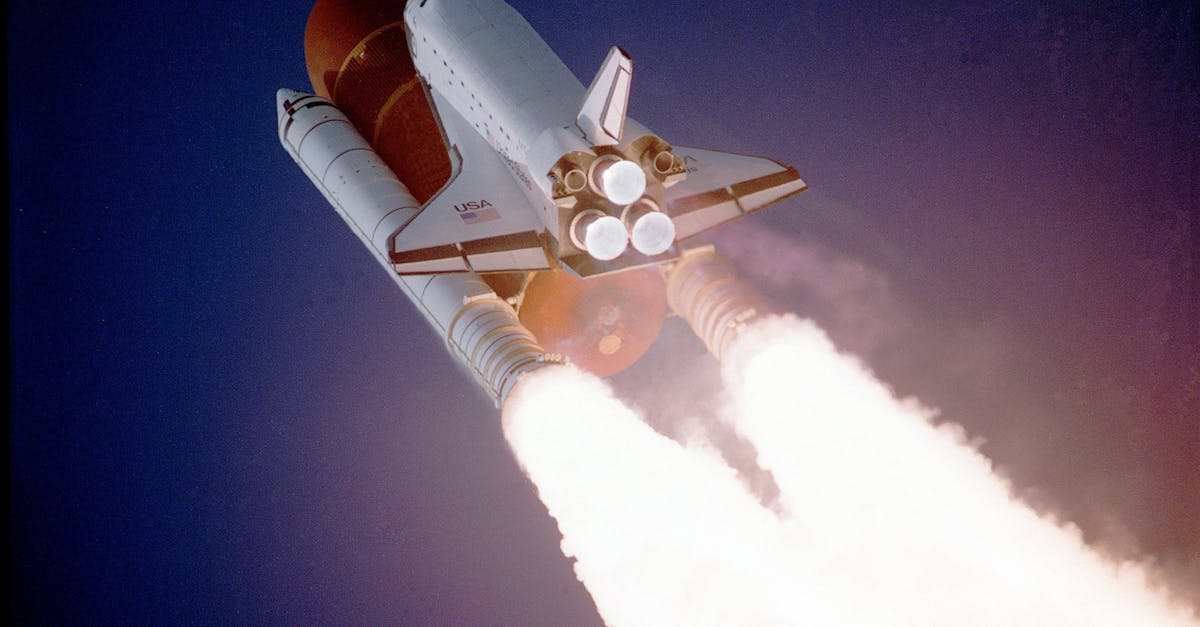In the fast-paced world of marketing, efficient team collaboration plays a vital role in the success of agencies. It is the key that unlocks the potential of a group of talented individuals, transforming them into a productive and creative team. Effective collaboration not only fosters innovation but also ensures proper coordination, leading to positive outcomes. On the other hand, inadequate coordination can result in confusion, misunderstanding, and inefficiency. Let’s explore the significance of efficient team collaboration in marketing agencies and its impact on achieving success.
The Benefits of Effective Collaboration

When a marketing team collaborates effectively, it opens doors to a multitude of benefits. First and foremost, collaboration enhances the collective intelligence of the team. Each member brings unique skills, experiences, and perspectives to the table, creating a diverse pool of knowledge. By sharing and exchanging ideas, team members can tap into this collective intelligence, leading to innovative and creative solutions. Collaborative brainstorming sessions often result in ideas that no individual could have come up with alone.
Furthermore, efficient team collaboration fosters a sense of camaraderie and trust among team members. When individuals work together towards a common goal, they develop a deeper understanding and appreciation for each other’s strengths and weaknesses. This mutual trust and respect create an environment where team members feel comfortable sharing their ideas, taking risks, and supporting one another. As a result, the team becomes more cohesive and resilient, able to overcome challenges and adapt to changes in the marketing landscape.
Another significant benefit of collaboration is improved efficiency and productivity. When team members collaborate effectively, they can divide tasks based on individual strengths and expertise. This delegation of responsibilities ensures that each task is handled by the most qualified team member, reducing the chances of errors or delays. Moreover, collaboration allows for the seamless flow of information and resources among team members. It eliminates silos and bottlenecks, enabling the team to work together smoothly and efficiently. As a result, projects are completed more quickly and with higher quality.
The Consequences of Inadequate Coordination

While the benefits of efficient team collaboration are clear, the negative outcomes of inadequate coordination should not be overlooked. When team members fail to coordinate properly, confusion and misunderstandings can arise. Different individuals may have conflicting ideas or interpretations, leading to miscommunication and errors. This can result in wasted time and effort, as well as a decrease in team morale.
Inadequate coordination can also lead to inefficiency. When team members are not on the same page, tasks may be duplicated or neglected, causing delays and setbacks. Additionally, without proper coordination, resources may be misallocated or underutilized, further hindering the progress of projects. Inefficient collaboration can also create a lack of accountability, as team members may not have a clear understanding of their roles and responsibilities.
Overall, inadequate coordination can derail the success of a marketing team and hinder their ability to achieve their goals effectively. It is crucial for agencies to prioritize efficient team collaboration and establish clear communication channels and processes.
Example: Launching a New Product

Let’s consider an example to illustrate the impact of efficient team collaboration in a marketing agency. Imagine a team tasked with launching a new product in the market. If the team members collaborate effectively, they can pool their expertise and come up with a comprehensive marketing strategy. They can conduct market research, identify target audiences, develop compelling messaging, and design impactful promotional materials.
Through efficient collaboration, the team can coordinate their efforts seamlessly. They can divide tasks among themselves, ensuring that each aspect of the product launch is well-executed. From coordinating with the design team for creating visually appealing advertisements to collaborating with the content team for crafting persuasive copy, every element is carefully coordinated to maximize the impact of the product launch.
On the other hand, if the team fails to collaborate efficiently, the consequences can be detrimental. Miscommunication and misunderstandings can lead to inconsistent branding or messaging, confusing potential customers. Lack of coordination may result in missed deadlines or poorly executed marketing campaigns. Ultimately, the success of the product launch will be compromised, and the agency may face negative consequences in terms of reputation and revenue.
In conclusion, efficient team collaboration is of paramount importance in marketing agencies. It enables talented individuals to come together and unleash their collective potential, leading to increased innovation and creativity. Proper coordination ensures that tasks are executed seamlessly, resulting in improved efficiency and productivity. On the other hand, inadequate coordination can lead to confusion, misunderstandings, and inefficiency. By prioritizing efficient team collaboration, marketing agencies can position themselves for success in a competitive landscape.
LikeIT Social


